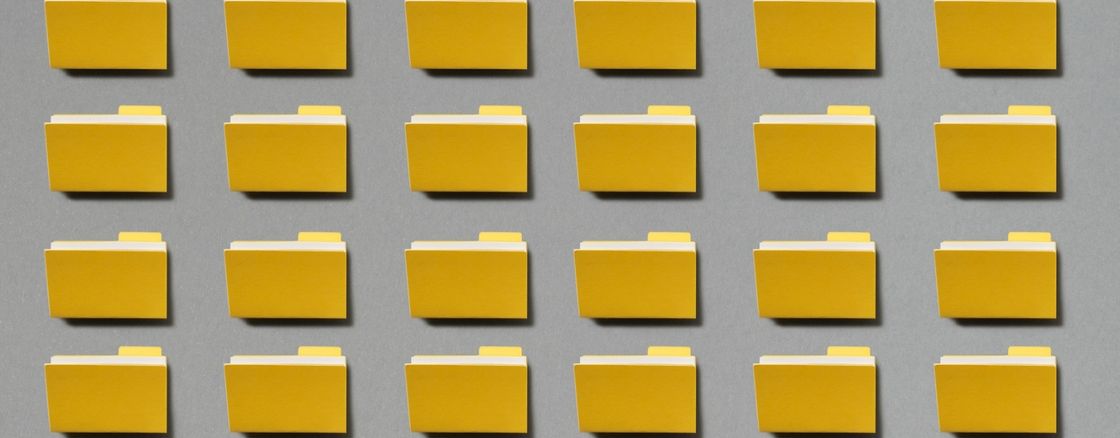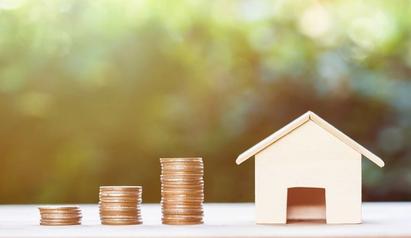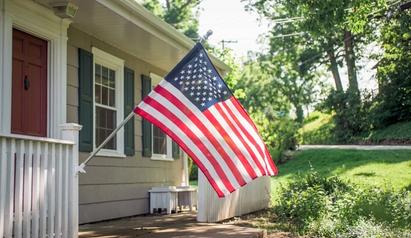Voluntary Lien 101
Written by:
Own Up Staff
Own Up is a privately held, Boston-based fintech startup that is on a mission to make sure every home buyer receives a fair deal on their mortgage by unconditionally empowering individuals with customized data, personalized advice, and unprecedented access to mortgage lenders to create better financial outcomes and simplify the home financing experience.
See full bio

All home buyers come to the real estate market with unique needs and desires. Their ideal location, house size, layout and price range all differ. One commonality among them is that most buyers finance their home purchase. In 2020, 88% of home buyers took out a mortgage to buy a house or condominium.
These mortgages result in voluntary property liens agreed to by the homeowner. A lien is a claim that one person has over the property of another as security against a debt. The debtor, in this case the homeowner, voluntarily grants the lien to the lender, and the house acts as collateral.
Buyers prefer to purchase houses without liens, so creditors know that putting a lien on a property is a way to ensure they will get their money back. If a debtor defaults on making payments, the property with the lien attached can be seized by the mortgage lender.
Property Liens Defined
Property liens are legal notices that are part of the public record. There are two types of liens: voluntary liens and involuntary liens. Voluntary liens are agreed to and initiated by the property owner. Besides houses, voluntary liens are also issued for the purchase of cars and RVs, boats, and sometimes expensive artwork.
Involuntary liens are not agreed to by the property owner and arise from unpaid bills. Involuntary liens include:
- Foreclosure liens for unpaid mortgages (sometimes called a mortgage lien)
- property tax liens (for unpaid business taxes or property taxes)
- child support liens
- federal tax liens
- judgement liens (for unpaid credit card debt, medical bills or personal loans)
- mechanics liens (for unpaid contractor services)
Liens are paid off in the order they are recorded. This means that liens for a mortgage loan, which are issued first, are also paid off first when real estate is sold.
Voluntary Liens
When you apply for a loan to buy or refinance a house, the lender conducts a title search to make sure the property has no liens against it. Title insurance is part of the home buying process and depending on the type, protects either lenders or owners against undisclosed and undiscovered claims of ownership against the property in the future.
If the property is clear, you can be offered a mortgage loan to buy the house. The mortgage is recorded in the public record as a lien against the property. If you later take a home equity loan from a separate mortgage lender to do a renovation or other large project, a second lien will be attached to the property.
Real estate liens are the most common type of voluntary lien. In 2020, 13.4 million people took out a mortgage loan to buy or refinance a house, according to the Consumer Financial Protection Bureau.
Liens for mortgages are attached to the property, not to the borrower. Liens stay with the property when it is sold, but they remain on the previous owner’s credit report. If a borrower does not make mortgage payments, creditors can request the property be sold to pay off the lien, usually by a foreclosure sale.
Do Liens Hurt Homeowners?
Voluntary liens do not hurt taxpayers—as long as payments are made on time. In fact, these regular on-time payments build up credit history and boost credit scores. Everyone who has a mortgage has a lien on their home. Once the mortgage is paid off, the lien is removed and the title is clear.
Involuntary lines harm the credit score of homeowners, as those liens result from unpaid bills. Late mortgage payments and other unpaid bills result in a late payment that stays on your credit report for up to seven years. One exception to this is federal tax liens due to money owed to the Internal Revenue Service as these were removed from credit reporting in 2018.
Voluntary liens are a necessary part of getting a mortgage loan for most homeowners. As long as borrowers keep up on the payments, the lien is just an administrative piece of the homebuying process that eventually goes away when the loan is paid off or the house is sold.


